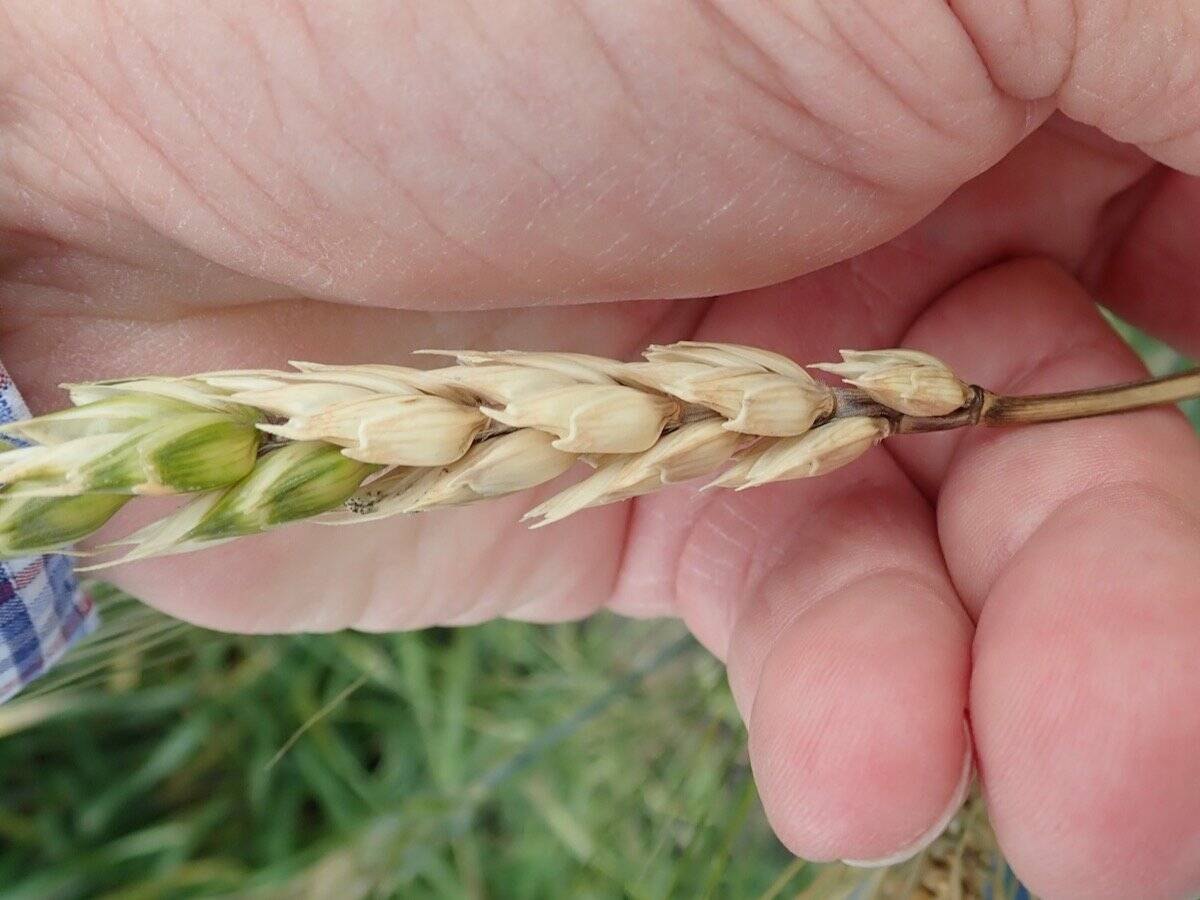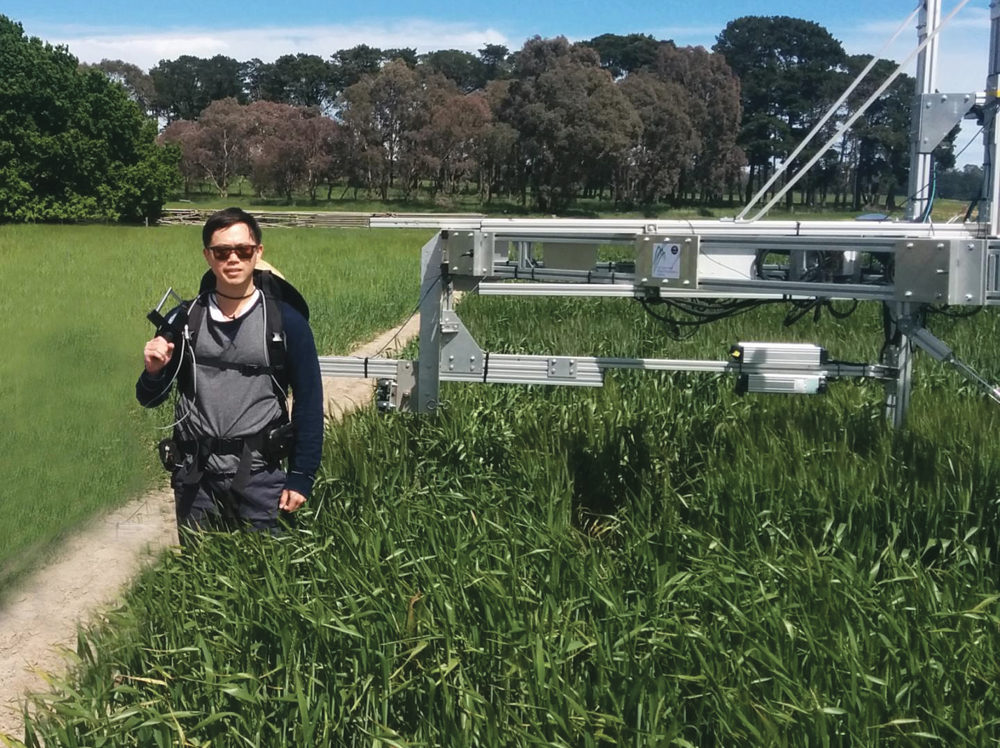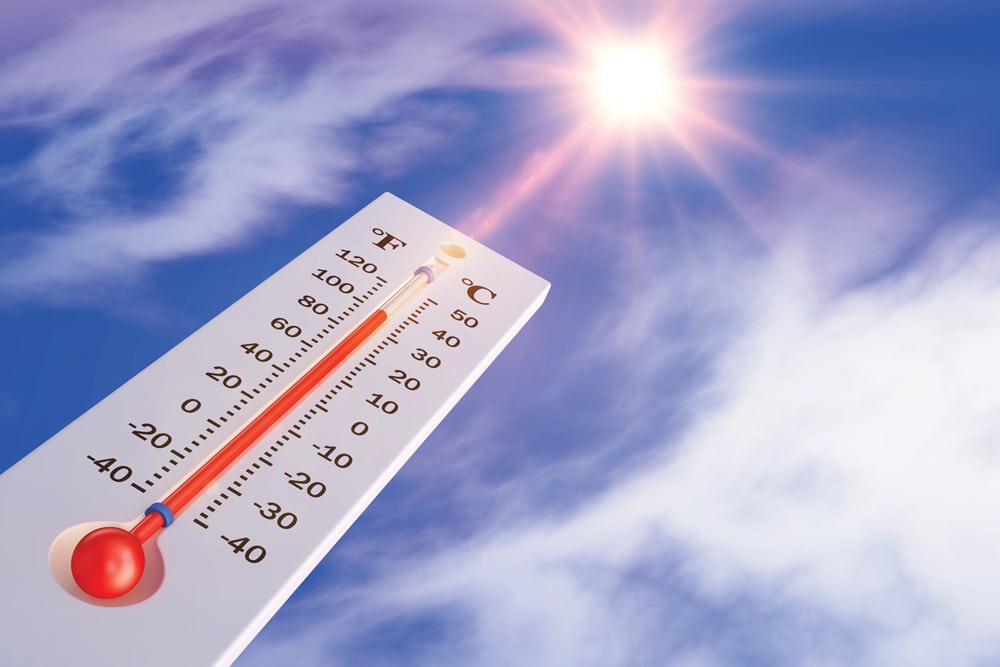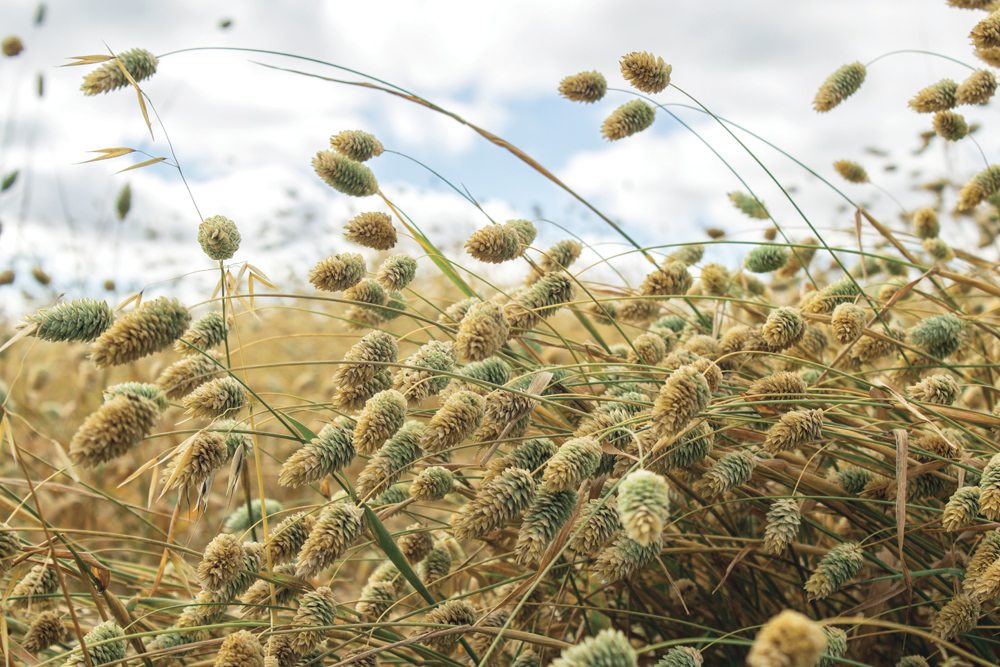– Source: “Sleepless in Saskatchewan” – Making Sleep Work For You!”
GET CAUGHT NAPPING!
Daytime sleepiness usually occurs between 1 p. m. and 4 p. m. Instead of getting caught napping we compensate with caffeine or ignore it. Caffeine is a poor substitute for sleep.
Research at the Stanford Sleep Disorders Clinic indicates that a well-timed nap during this time can improve performance and alertness for hours afterwards.
– Source: “Sleepless in Saskatchewan”
– Making Sleep Work For You!”
Read Also

Detector in development to spot fusarium head blight’s signature toxin
A portable machine that would allow wheat growers to identify kernels contaminated with fusarium head blight’s signature mycotoxin is in development at the University of Saskatchewan.
SLEEP ROUTINES FOR THE FARM
A sleep routine will help make the most of the time you have available for sleep;
Make your breaks a priority even when you are in the field;
Try the 20-minute power nap even if you have to do it outside;
Switch tasks you are working on whenever possible;
Stop to eat regularly and drink plenty of water;
Practise sleep rituals so that you can get quality sleep when you do have a chance to sleep.
Just because you’re not asleep, doesn’t mean you’re awake.
And if you’re a sleep-starved farmer, you could be in line for a farm accident.
The Agricultural Health and Safety Network (AHSN) in Saskatoon has just released a new documentary on DVD – “Sleepless in Saskatchewan” – stressing how one of the most ignored parts of life – getting a good sleep – can help improve health and safety on the farm.
But who sleeps when there’s work to do? “Sleep is always on the backburner, the last thing you consider,” says one farmer interviewed in the 42-minute film.
Yet, growing evidence shows we ignore sleep at our peril. Lack of good-quality sleep may be an underlying factor not only for increasing stress, but an underlying cause that leads to injuries and fatalities while at work on the farm.
JUDGMENT AFFECTED
Many studies show sleep deprivation affects judgment, decision-making and memory, slows down reaction times and decreases ability to concentrate. Lack of sleep has also been shown to affect mood, leading to irritability, anxiety and even depression.
Dr. John Reid, a respirologist and sleep specialist at the University of Saskatchewan quoted in the film says the problem for those who don’t get enough sleep is that they don’t necessarily know how it’s affecting them.
Studies comparing the cognitive performance of those staying up all night, with those who’ve had less than six hours sleep over a two-week period, and have built up a sleep deficit, show the two groups both function at the same reduced level, he said.
“But people are far more aware of their deficit after a full night sleep loss,” says Reid. “You tend to get used to partial deficits.”
Daytime sleepiness is the most common effect of poor sleep.
CHEATING ON SLEEP
The farmer who cheats on sleep in order to get all the work done, then has that unnerving experience of forgetting where he is in the field, or hits a slough or ditch, has very likely fallen asleep, Reid said. Farming while sleep deprived can be like farming while drunk.
“The term used is micro-sleep,” says Reid. “Their brain has gone into 15 or 20 seconds of sleep.” (People who sleep poorly and then sit for long periods of time often experience this.)
“Sleepless in Saskatchewan” was put together over three years, and features interviews with farm families talking about their own sleep and stress issues. Sleep specialists and other health professionals talk about the importance of sleep, how to get better-quality sleep, sleep cycles, types of sleep disorders and how behaviour influences sleep are all covered.
Trying to hit the hay straight in from a hectic day, for example, can make it harder to get to sleep, or to stay asleep. Consuming alcohol just before bed, or not taking at least an hour to wind down at day’s end can also contribute to an upset night.
Worry and lack of sleep can be a vicious cycle many farmers experience.
“The busy mind is an incredibly common complaint for people who have insomnia,” says Reid.
LET GO OF WORRY
He advises patients who complain they can’t sleep for worrying to take about an hour at the end of the day to very deliberately let go of the worries of the day.
“You have to say to yourself ‘the day is now done and I’m not dealing anymore with the day’s troubles… I’ll pick them up in the morning.’”
He also tells patients who have ongoing problems getting to sleep to get up if, after 20 minutes, they still haven’t fallen asleep. Go do something relaxing and enjoyable until you’re feeling sleepy, says Reid. It will help break the mind’s habit of switching on when the lights go off.
“It can break that association where someone lies in bed frustrated all the time.
Napping is highly recommended too, says Jon Shearer, another sleep specialist and speaker in the film puts it. But unfortunately, “napping is one of the fine arts we have lost in this culture.”
NAPPING IS GOOD
Yet, a mid-day nap of about 20 minutes can be exceedingly restorative, improving performance and cognition for hours afterward.
“Sleep definitely affects your health and safety,” says Kendra Ulmer, a registered nurse with the AHSN. “Getting a proper sleep is vital to a person’s wellbeing. We looked at putting together something that would be a resource to encourage getting better-quality sleep.”
The three-disc DVD and guidebook resource package is available for borrowing through all rural municipal offices in Saskatchewan, or can be directly purchased ($20) by contacting:
Canadian Centre for Health and Safety in Agriculture -CCHSA,
Royal University Hospital, Room 3608, Wing 3E, 103 Hospital Drive,
University of Saskatchewan, Saskatoon, Saskatchewan, Canada, S7N 0W8, Telephone: (306) 966-8286 Facsimile: (306) 966-8799
Email: [email protected]















